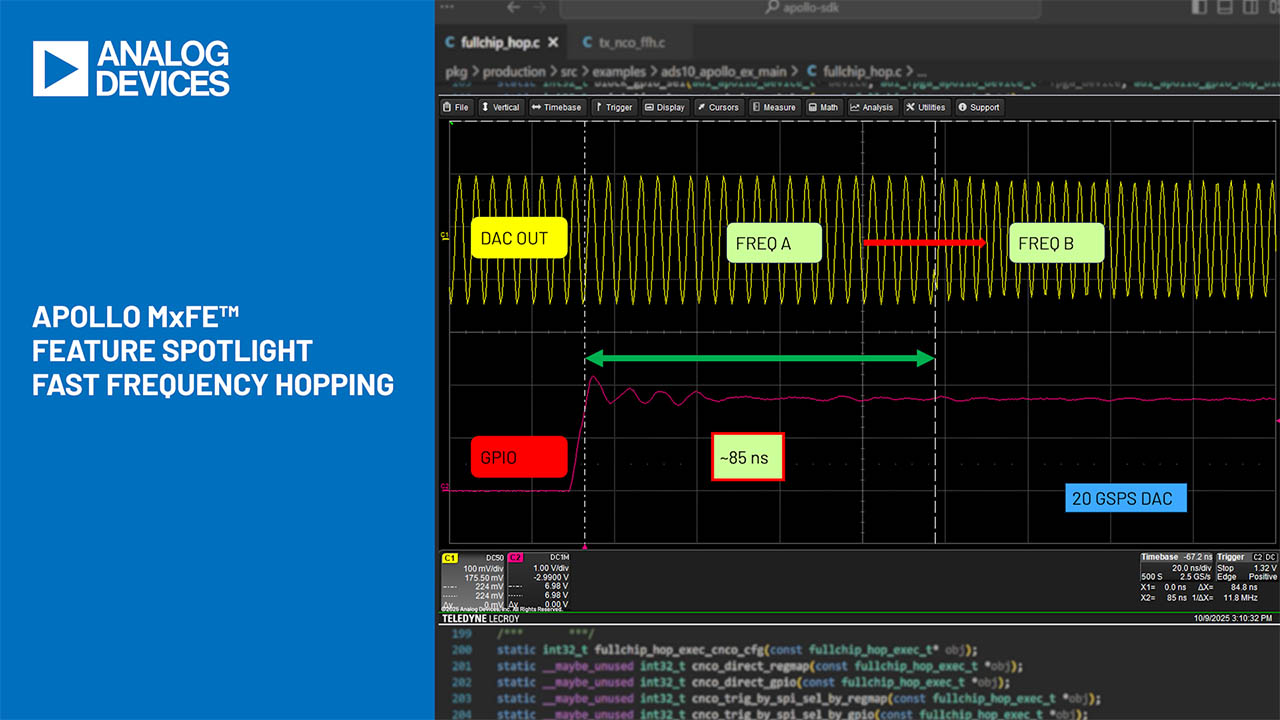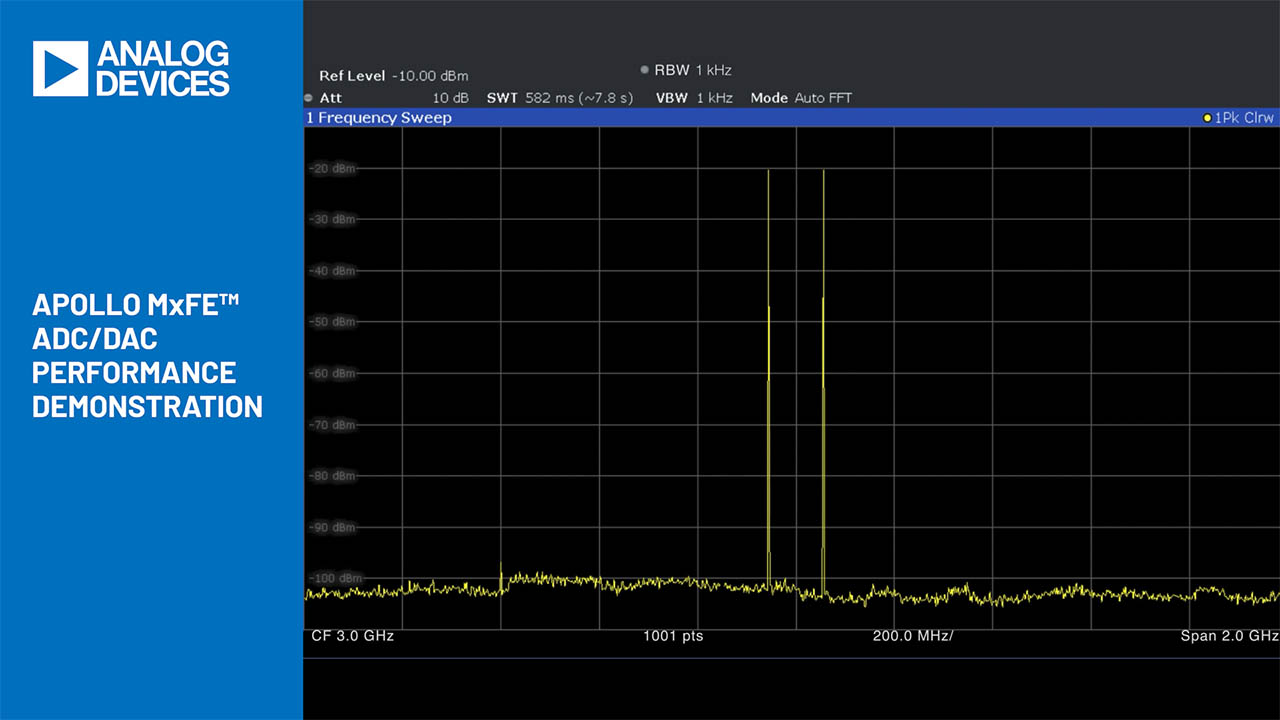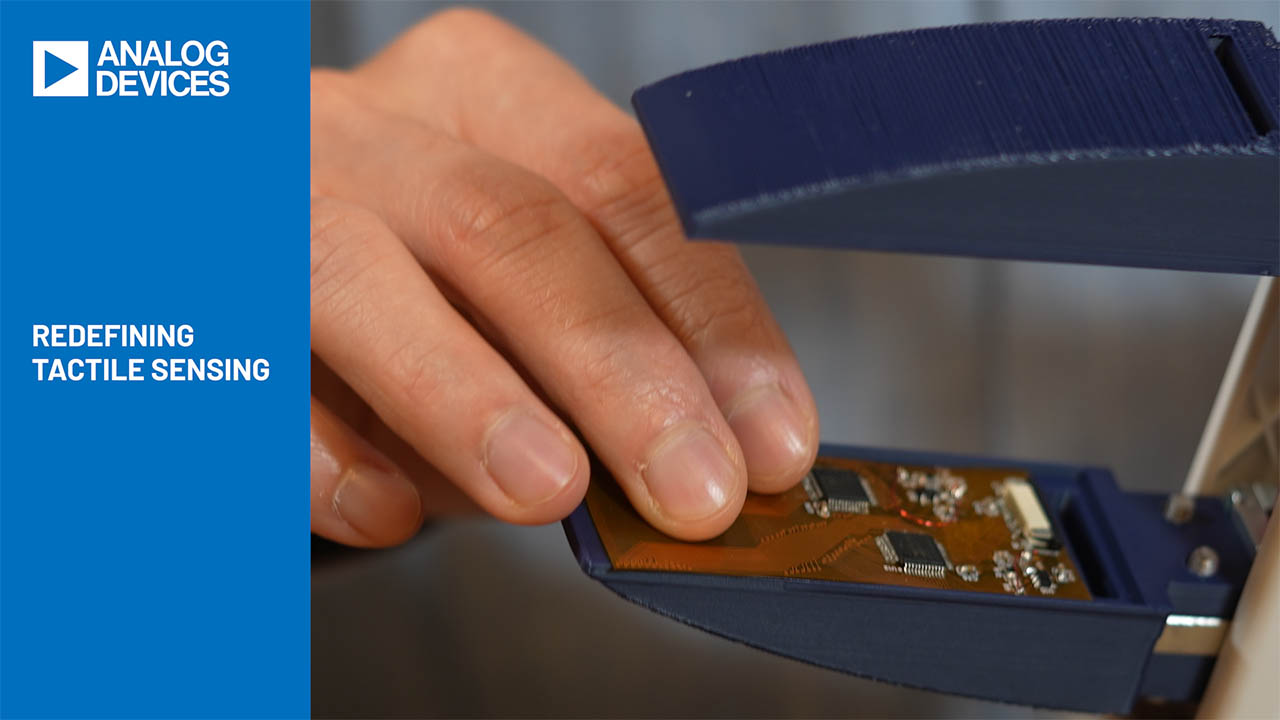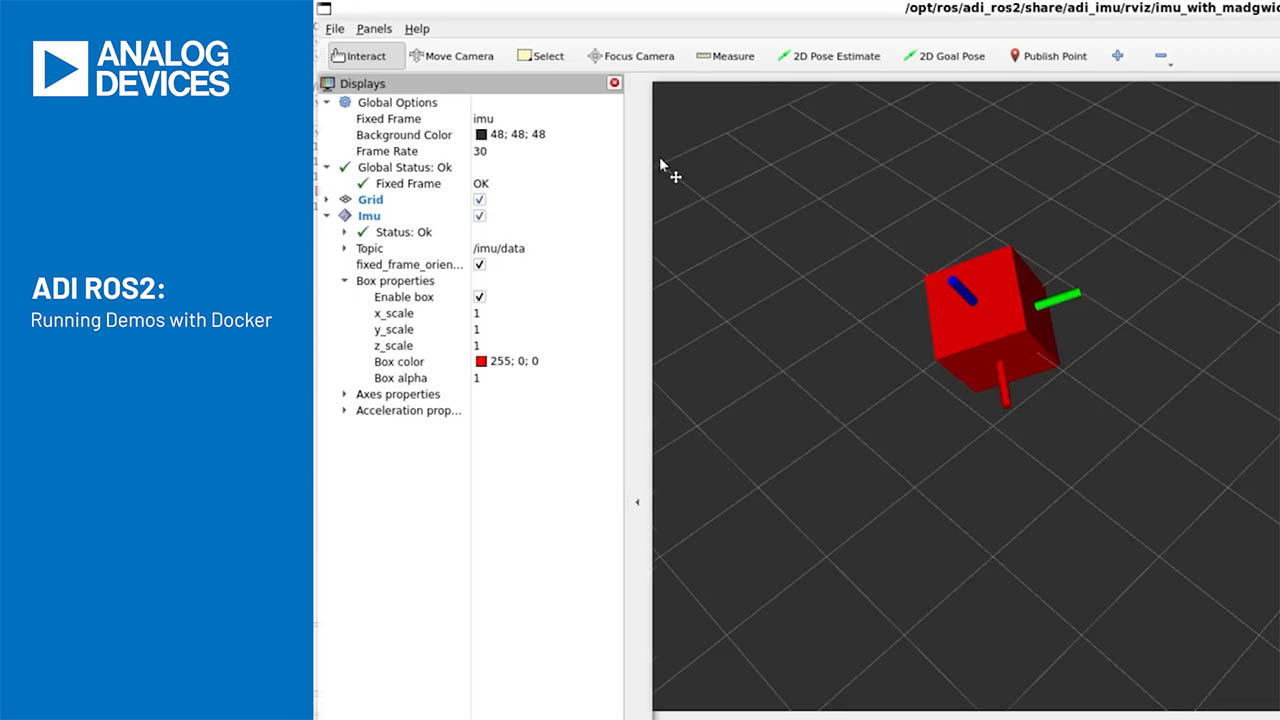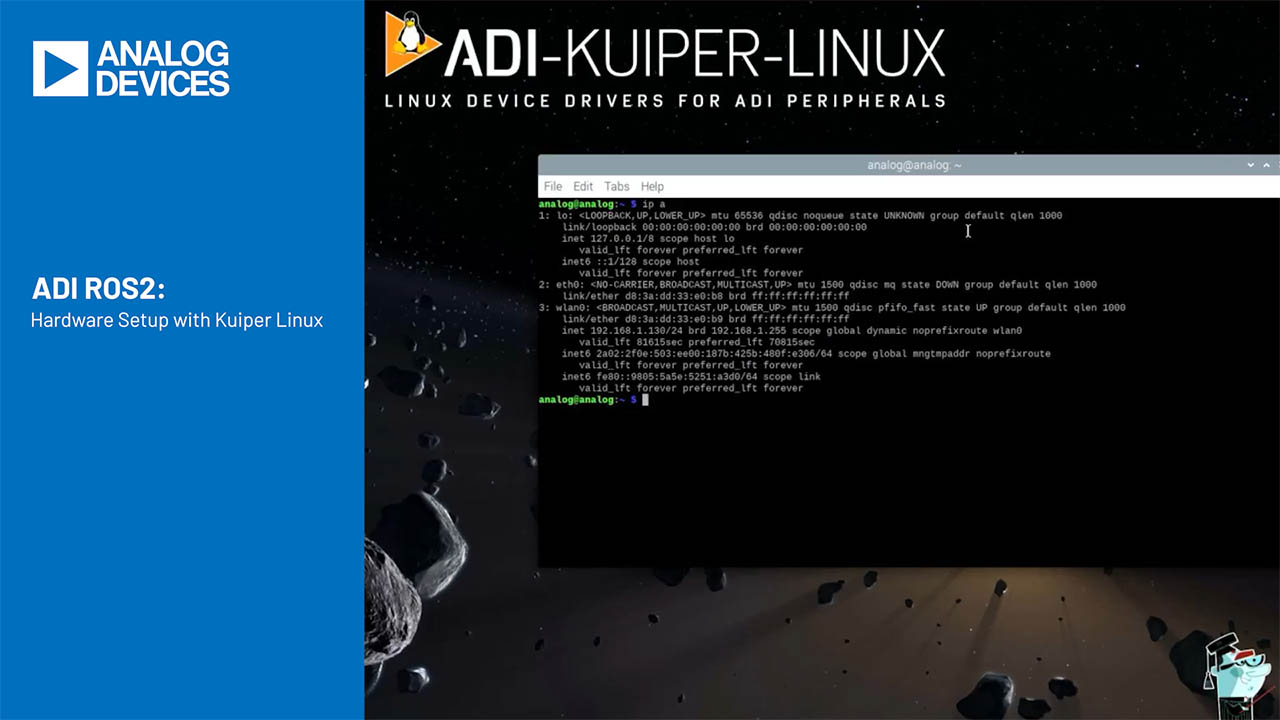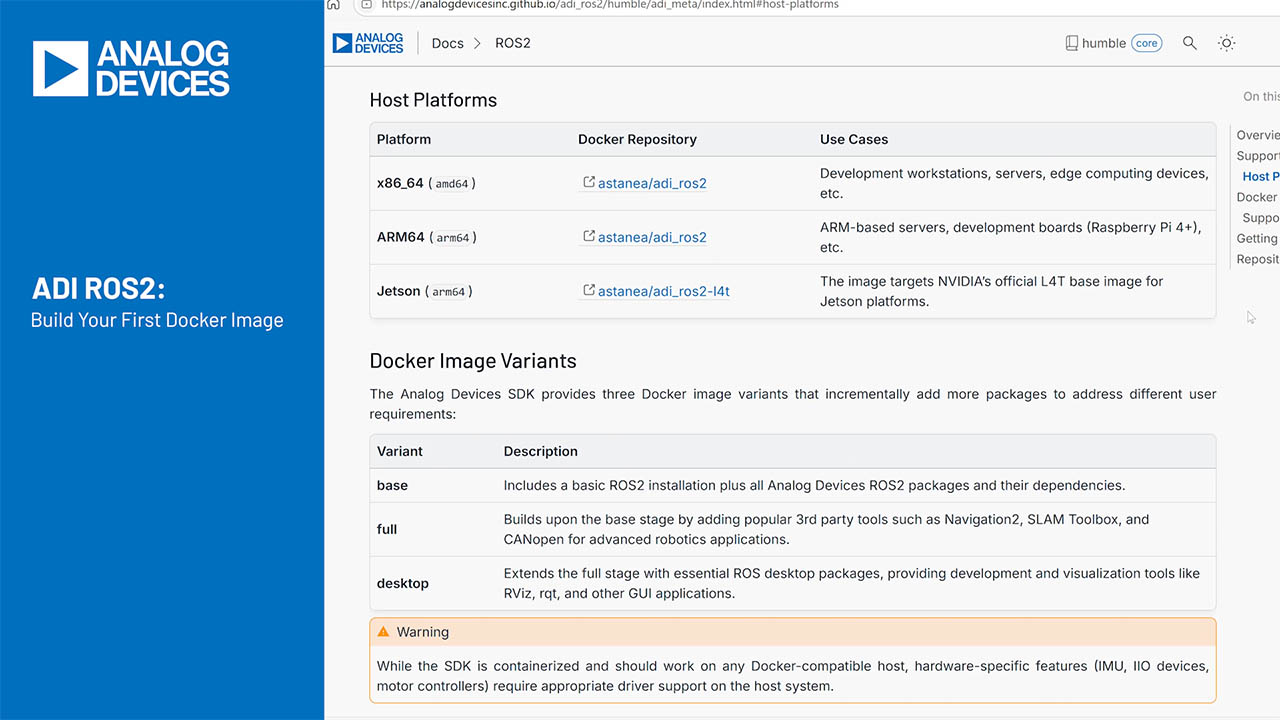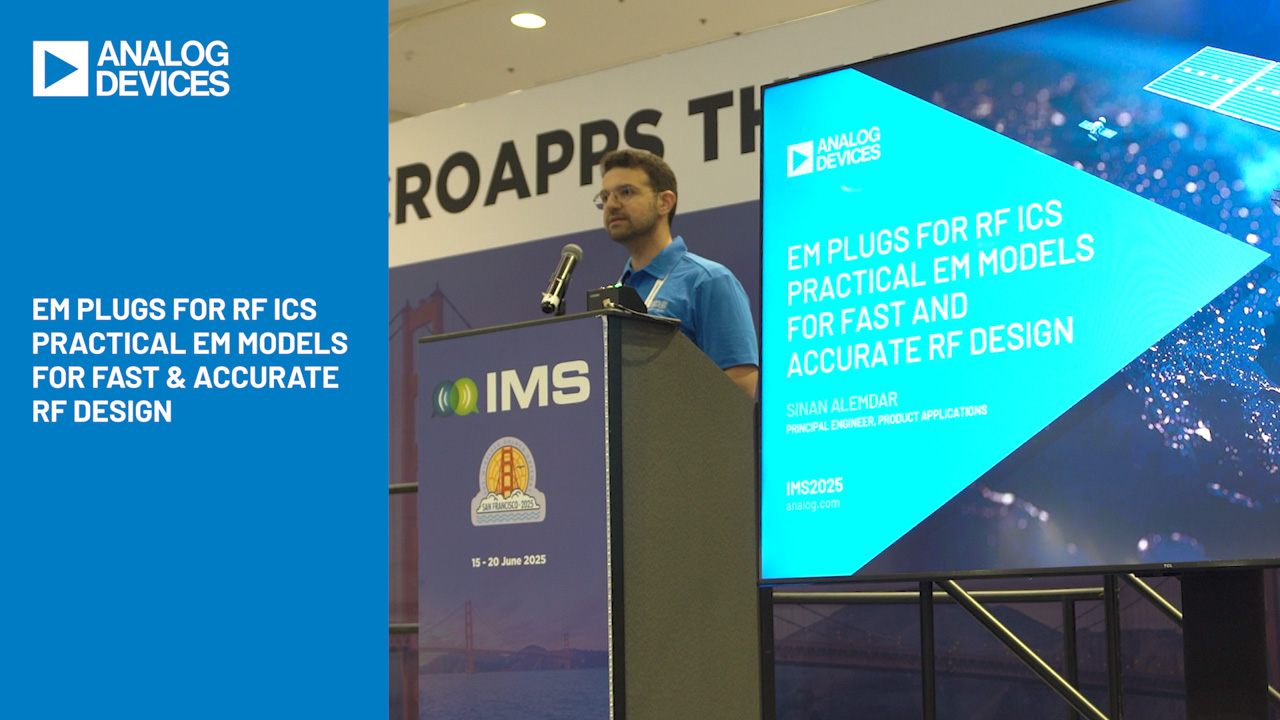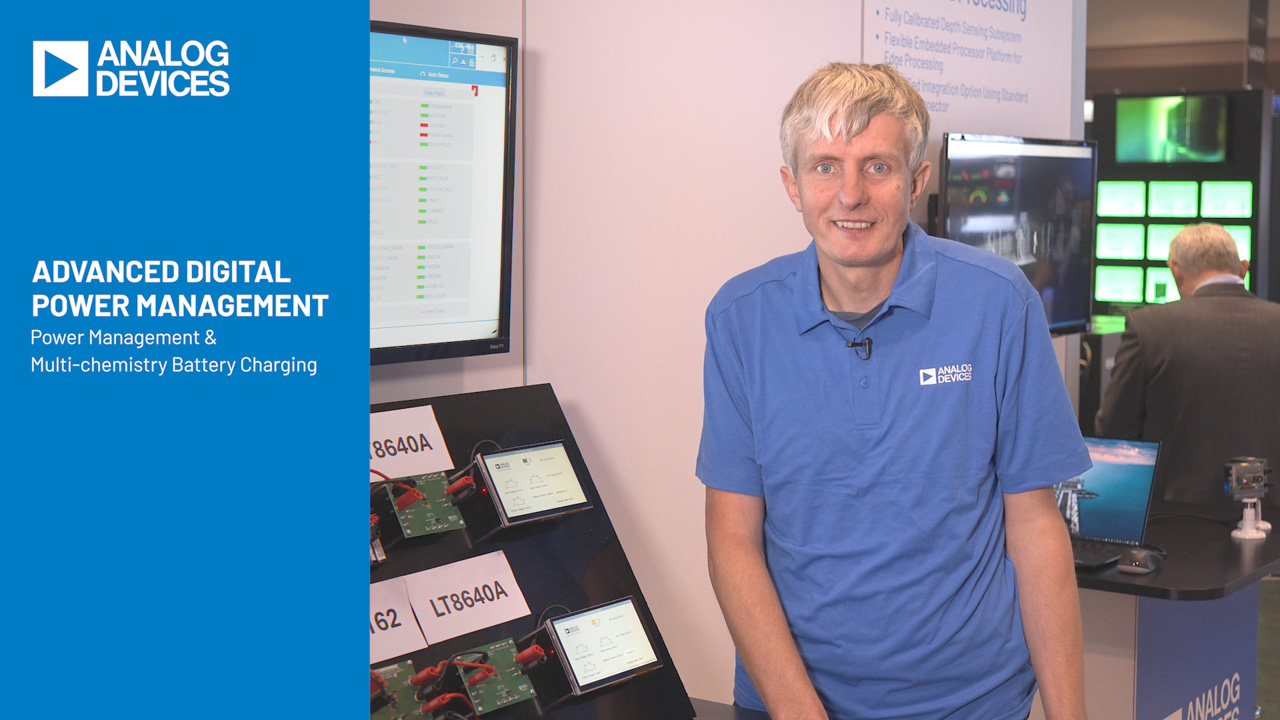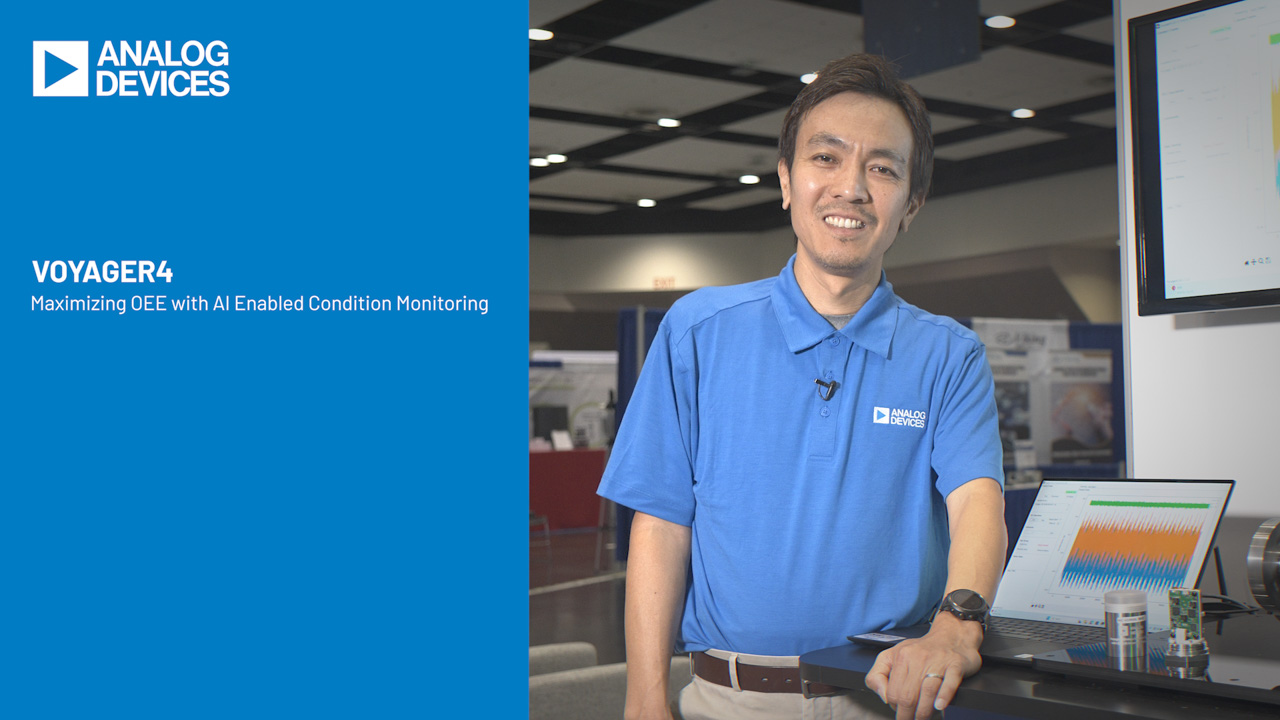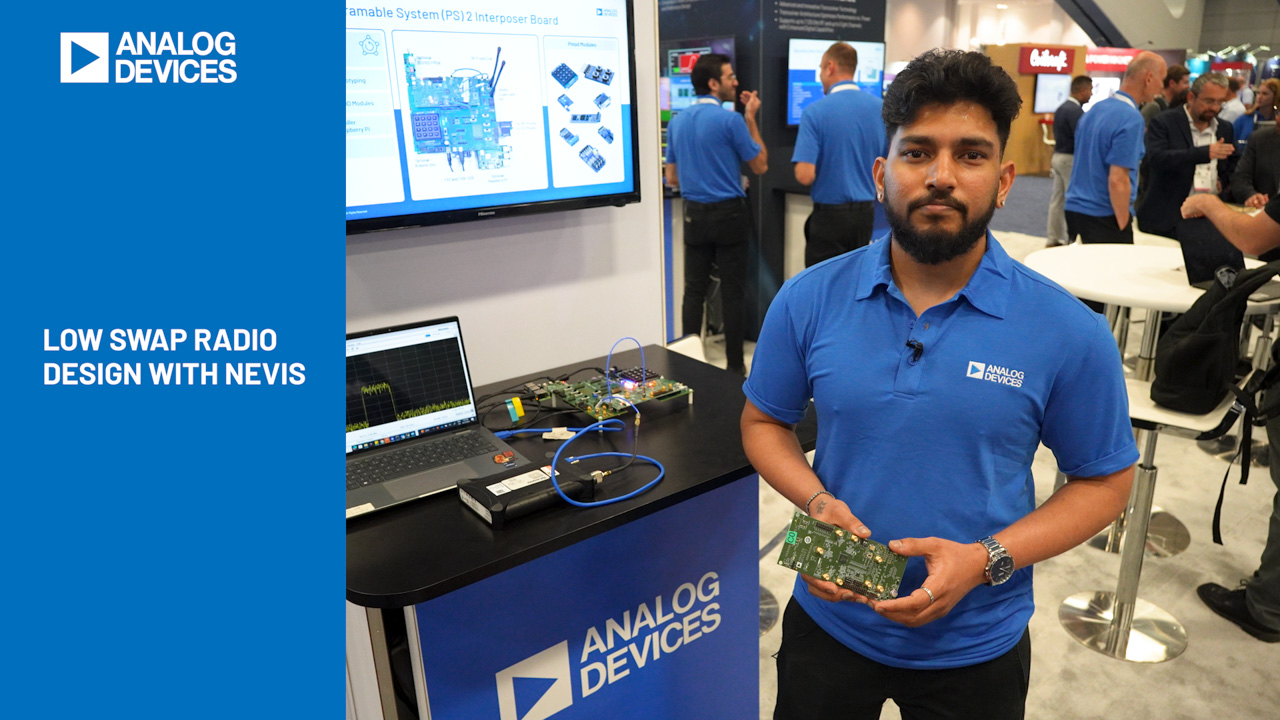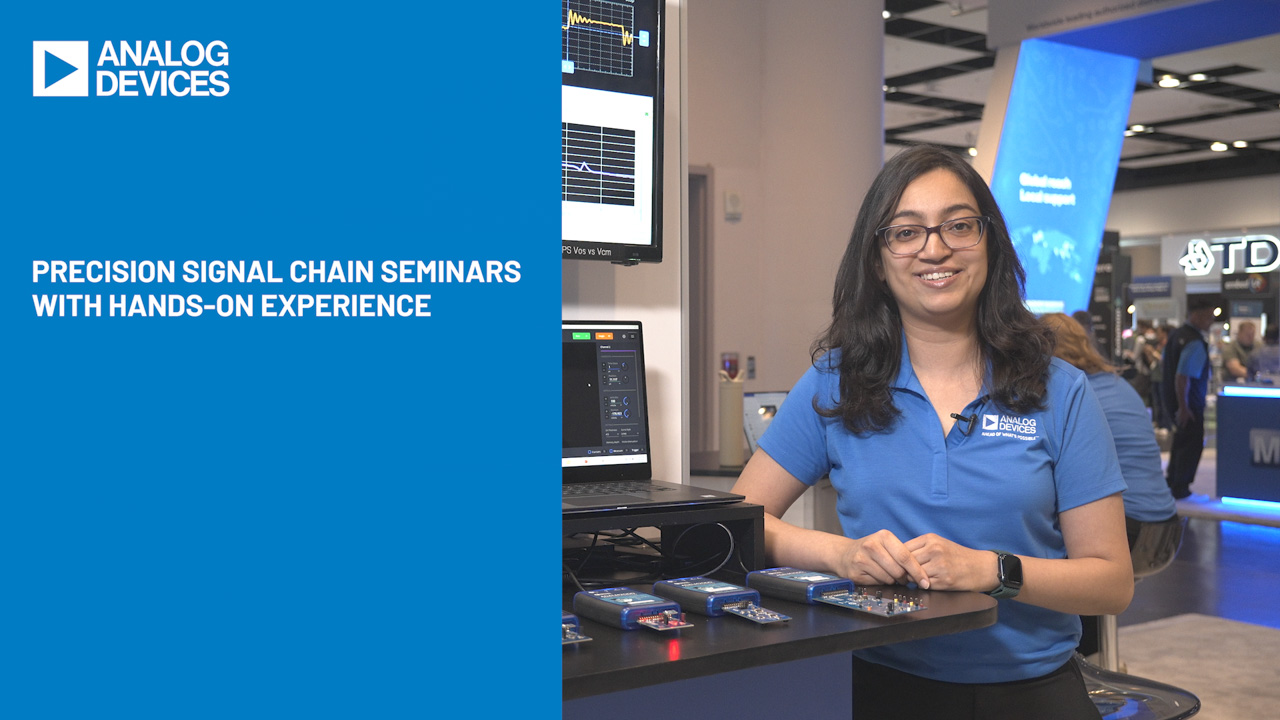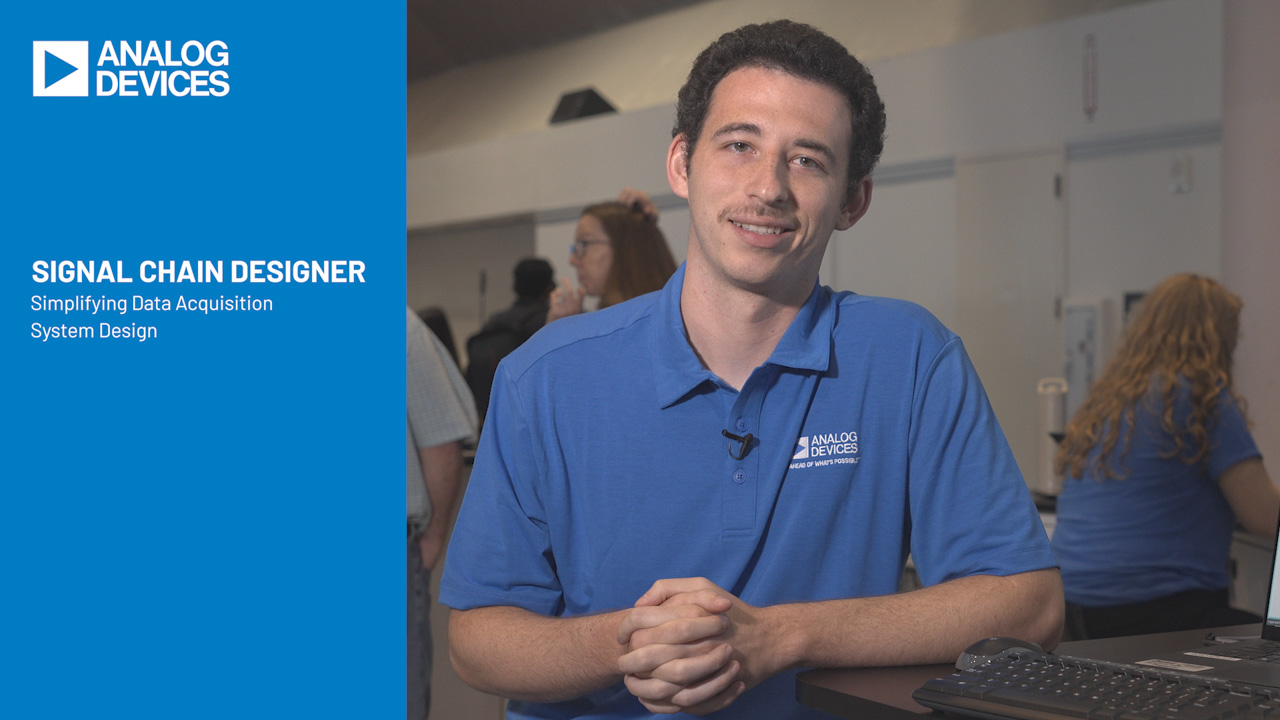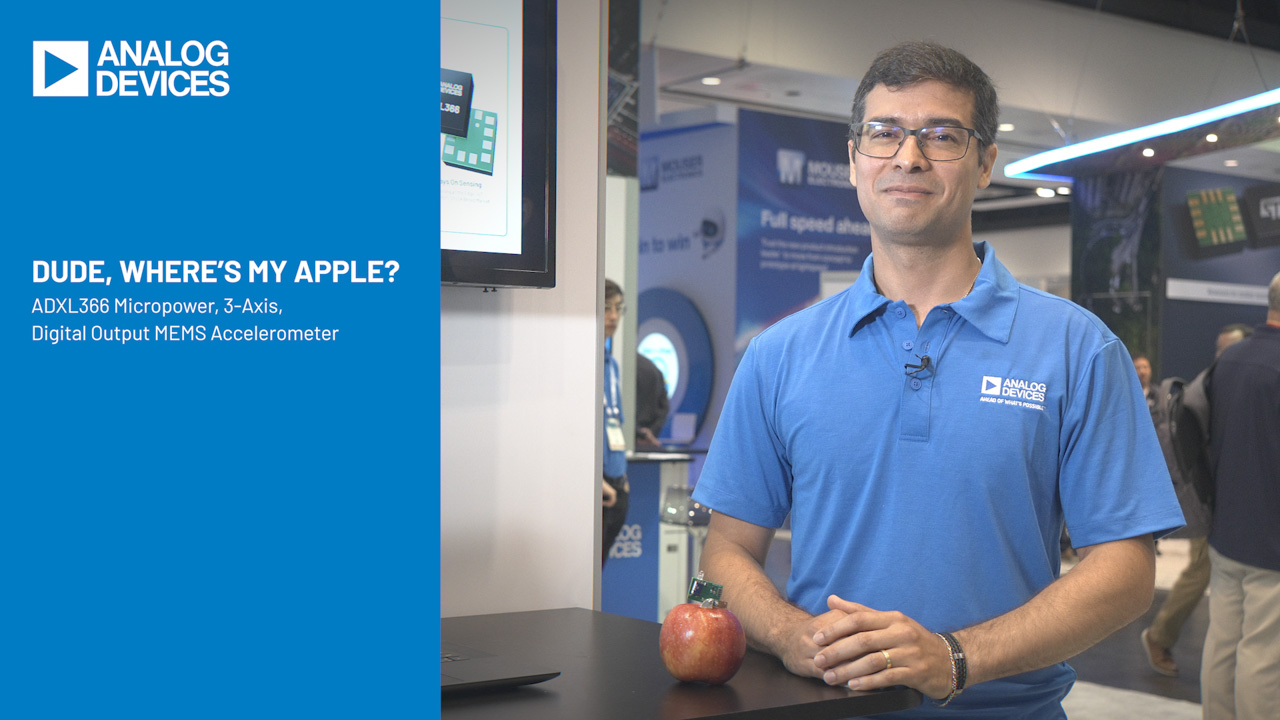New Continuous-Time Lowpass Filters Feature Differential I/O, Linear Phase and Wide Dynamic Range
New Continuous-Time Lowpass Filters Feature Differential I/O, Linear Phase and Wide Dynamic Range
Feb 1 2000
The new LTC1565-XX family of monolithic, continuous-time lowpass filters is tailored for data communication systems requiring band-limiting in their differential signal paths.
Because it eliminates the need for external components, The LTC1565-XX offers a compact solution to high frequency, differential filter requirements. Each LTC1565-XX is optimized for a single cutoff frequency. The first member of the LTC1565-XX family, the LTC1565-31, is a 7th order, linear-phase lowpass filter with a 650kHz cutoff frequency. It is tailored primarily for CDMA cellular base stations or any other application requiring linear-phase lowpass filtering with a cutoff frequency in the vicinity of 650kHz.
Figure 1 shows the extremely simple hookup of the LTC1565-31. The filter is packaged in an SO-8 and it operates on a single 5V supply. Aside from power supply and analog ground bypass capacitors, no other external components are required. The device is designed to be driven differentially, yet, for single-ended applications, either input can be shorted to the analog ground (pin 3). Differential signals with a common mode range of 1.3V to 2.7V and up to 2VP-P amplitude can be DC coupled into the input pins of the filter without any significant performance degradation. The maximum dynamic range (THD plus S/N ratio) is 78dB. This is obtained with a 2.5VP-P differential signal biased at a 2VDC common mode voltage.

Figure 1. The LTC1565-31 is extremely simple to hook up
The filter output should be taken differentially, as indicated in Figure 1. The common mode voltage of the differential output is the voltage of pin 3, which is one-half of the power supply of the filter. Figure 2 shows the frequency response of the filter, which features an almost flat group delay in the filter’s passband. The amplitude response has a –3dB gain at 650kHz, –20dB at 1MHz and in excess of –70dB at 2MHz.

Figure 2. LTC1565-31 frequency response
The out-of-band rejection of the filter is quite impressive. Depending on the input signal amplitude, the stopband attenuation above 3MHz is between 80dB and 100dB (see Figure 2). The LTC1565-31 achieves these attenuation levels without prefiltering. This is highly desirable in applications where strong interfering signals are present at the inputs of the filter.
Other responses and configurations will be available in the near future. Contact LTC marketing for details regarding other cutoff frequencies.
About the Authors
Mike Kultgen has been designing integrated circuits for automotive, aerospace, communications and industrial applications for over 24 year. During his 10 years with Analog Devices Inc., Mike has contributed to over 25 pro...



